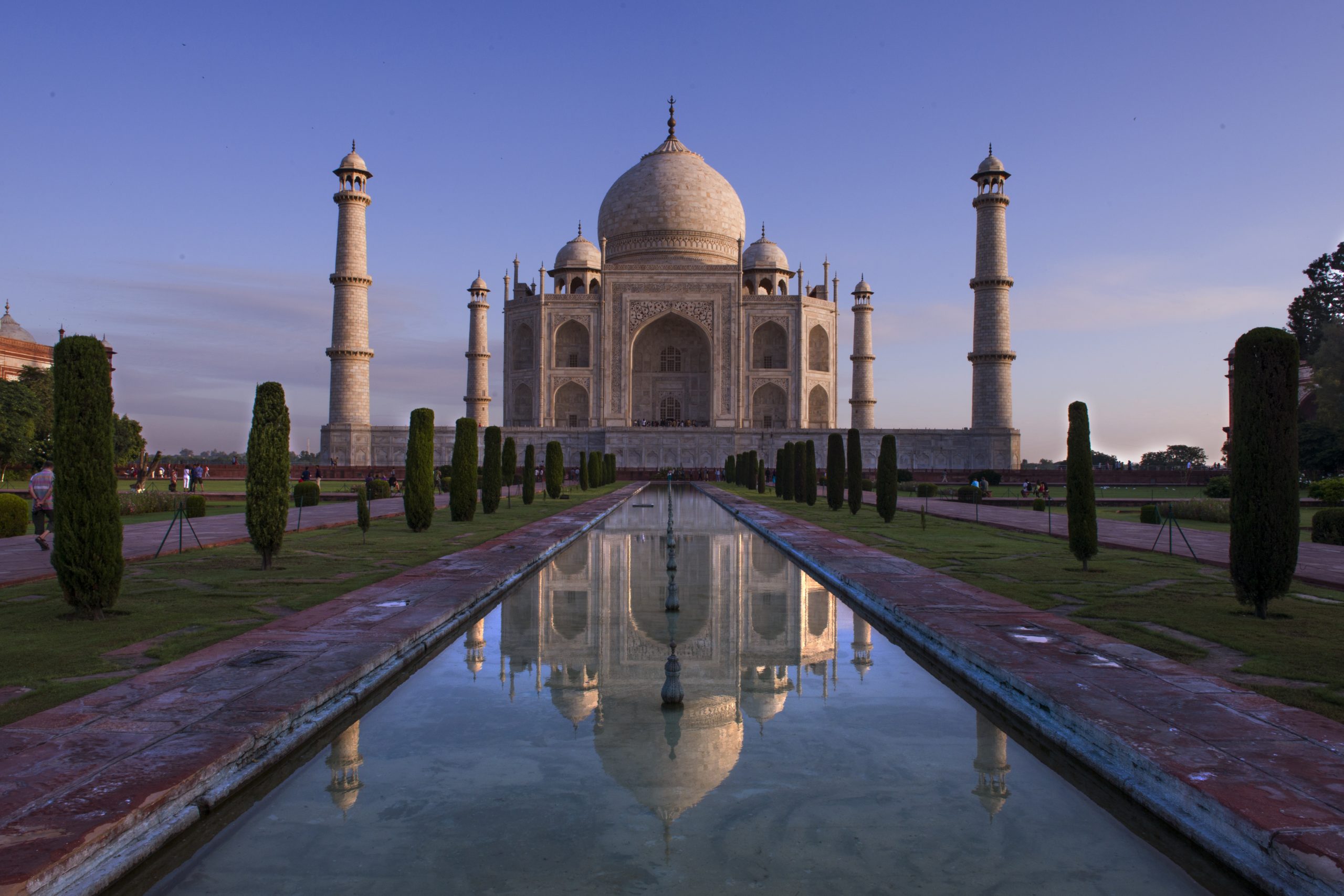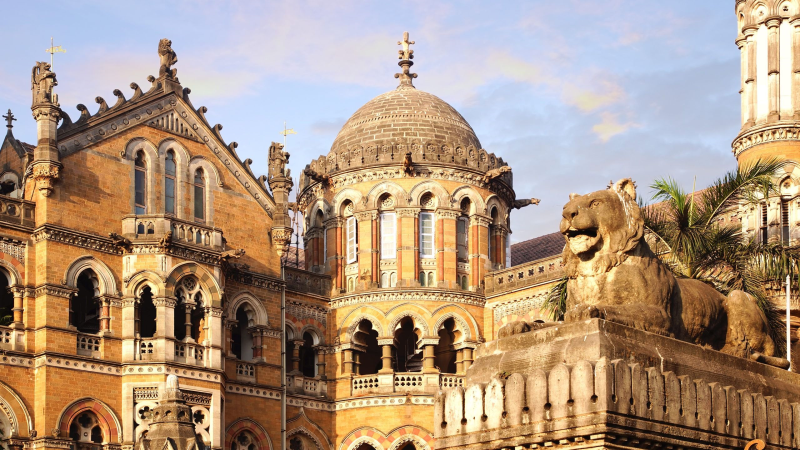India

India unfolds like an ancient tapestry, weaving its magic from the snow-capped Himalayas in the north to the sun-drenched coastal villages of the south. In places its landscape of desert dunes and parched farmlands is threadbare and faded; elsewhere it is richly colourful – characterised by verdant tea plantations or by lush hills dotted with the ancient, jewelled palaces of forgotten kings.
Since the first civilisations rose on the banks of the Indus River almost 5,000 years ago, India has given rise to world religions such as Buddhism, Hinduism and Sikhism, and has played host to the empires of Alexander the Great, the Mughals, the Mauryas and the Guptas. It has traded with Pharaohs, Caesars, Chinese emperors and European merchants.
India has been invaded and colonised by the Huns, by the Islamic sultans, the Marathas and the British. When the sun finally set on the British Empire in 1947, the country became the world’s largest democracy, finally awakening to a new life of freedom and independence.
Today, visitors are offered a feast for the senses – and our Travel Managers for India can help you to create your own custom-spiced travel plans according to your tastes and preferences.
Wherever you travel you can expect the air to be heavy with the scent of jasmine and dancers to whirl to frenetic melodies in vibrant silk saris. There will be rich aromas of foods prepared from a palette of exotic spices that leave lingering tastes of saffron, fenugreek and aniseed. A myriad of textures, colours and movements will jostle for your attention. One of the most thrilling tourist destinations on Earth, India will beguile and occasionally overwhelm you with its astounding diversity of people, landscapes, sights and sounds.
Climate
It is not easy to generalise about the climate of a country that runs from the Himalayas to the beaches of the Indian Ocean but, broadly speaking, October to March tend to be the best months for travel in India, as it is relatively dry and cool.
Regionally the best weather for visitors is:
Between January and September in the far south. In Kerala, the average monthly temperature never fluctuates from between 27 and 29 degrees Celsius (80 to 84 degrees Fahrenheit).
Between March and August in the northeast. The average temperature is 27 degrees in Kolkata.
During the monsoon season of July to September in the deserts west of Jodhpur in Rajasthan and in the northwest’s Himalayas
In the summer months of May to September in the mountainous regions of Himachal Pradesh and Kashmir.
Language
India has a total of 22 official languages. English is generally used for official and business purposes and Hindi is spoken by about 40 per cent of the population. Urdu is the language commonly used by Indian Muslims.
Passport Visa
If you are travelling for pleasure rather than business, you will require a tourist visa as opposed to an ordinary visa. Holders of multiple-entry tourist visas (visa type code “T”), with a validity ranging from above three months to 10 years, are required to have written permission or to leave a gap of at least two months between visits, unless travelling to neighbouring countries such as Nepal. Visa extensions are possible if applied for through the Ministry of Foreign Affairs. Please check the rules around visa requirements before you travel, as they may change regularly.
A yellow fever vaccination certificate is required if you arrive in India within six days of leaving or transiting through heavily infected areas.
The following areas of India are restricted, and require a permit to be obtained before they are entered:
Parts of Manipur, Mizoram, Uttaranchal, Jammu, Kashmir, Rajasthan, Himachal Pradesh
The whole of the Andaman & Nicobar Islands, Arunachal Pradesh, Nagaland and Sikkim
Safety
Travellers in India must be aware of the threat of terrorism that has struck in the tourist areas of Mumbai, Delhi, Ahmedabad, Agra and Bangalore. Travellers visiting large religious events are advised that these ceremonies, which attract hundreds of thousands of people, can result in life-threatening stampedes. The usual precautions should be taken against theft.
Our Services
For all your high-end, bespoke leisure and corporate travel needs to contact our Travel Managers on 800 NEXA (6392). You can also contact us on info@nexatourism.com .
